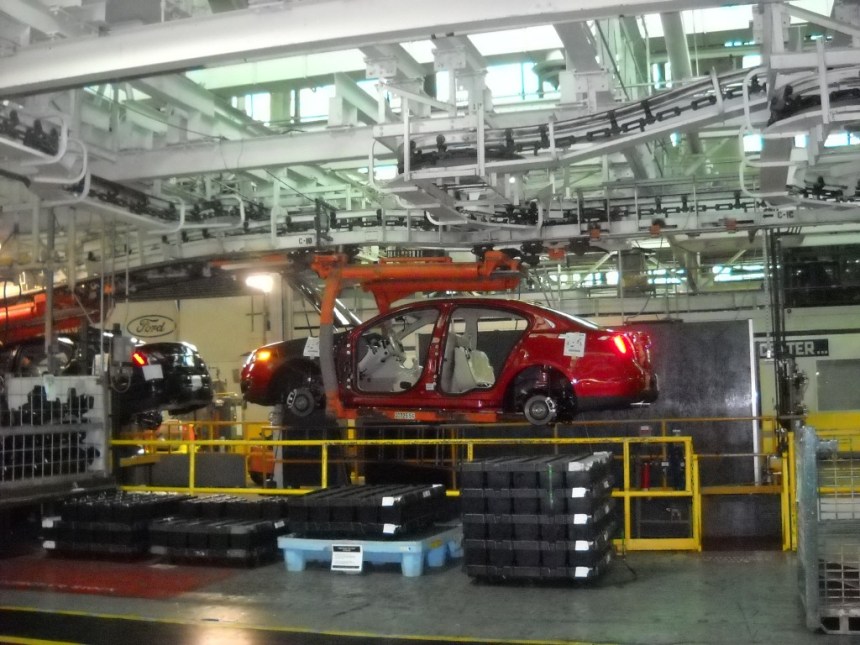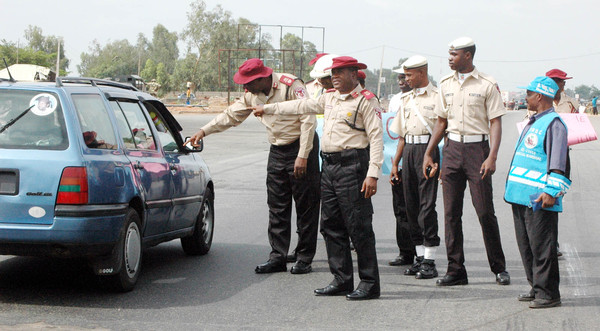Four years after the introduction of the Nigeria’s automotive industry development plan (NAIDP) by the federal government, the policy has been roundly criticised by industry stakeholders.
Speaking recently in Lagos at the Nigeria Auto Journalists Association (NAJA) monthly industry forum, Dr. Oscar Odiboh, who is senior lecturer, Covenant University, Otta, Ogun state, described majority of the assembly plants as mere joineries.
“What we have at the moment are not real assembly plants, they are glorified joineries. Average 65 per cent of our assembly operations are manual, while 70 per cent of employees are casual.”
According to him, economic downturn, uncertainties and government inactions have crippled the growth of the industry despite concerted effort to turn the country to a vehicle manufacturing nation.
Odiboh, who spoke on ‘Implementation of Nigeria’s Auto Policy: The way Forward’; insisted that industry is divided and may not thrive until the stakeholders collaborate.
He observed that almost mid-term into the 10- year plan, most of the assembly plants set up in the country lack the standard to compete globally, and can hardly be called assembly plants.
It would be recalled that the National Automotive Design and Development Council (NADDC), the federal government agency saddled with the responsibility of implementing the auto policy, has repeatedly claimed that there are over 50 auto assembly plants in the country, hence alluding to the success of the policy.
Odiboh, who noted that players in the sector were frustrated through importation rules, added that more than 60 per cent of tools in the sector are manual.
Calling for budget cars, Odiboh stressed that the sector’s inability to offer affordable vehicles for mass market would keep used market growing to the detriment of the sector.
ALSO SEE: Doomsday shifted, still in 2017
Odiboh called on the federal government to provide a finance that would enable acquire brand new vehicles, noting that projected objectives may remain elusive unless there is market for brand new cars.
Former Chairman of the Auto and Allied sectoral group of the Lagos Chamber of Commerce and Industry (LCCI), Dr. Oseme Oigiagbe, also said no significant achievements have been recorded since the policy was introduced.
Oigiagbe, who is an Executive Director of Truck Masters automobile company, expressed this recently when he presented a paper at the 5th Nigeria Transport Awards and Lecture (NTA &L), held in Lagos.
Explaining that implementation of the policy has been more of ‘motion without movement’, he said the “Vehicle finance scheme programme with consortium finance group led by Rank bank –would have spark up the consumer demand and ease the vehicle acquisition opportunities”, but it is yet to take off.
Speaking at the NAJA Forum, President of NAJA, Frank Kintum harped on the need for rejigging of the policy and exhibition of political will to move the industry forward, which he said is capable of addressing key challenges in Nigeria, particularly unemployment and industrial development.
He said the Monthly NAJA Forum is a platform to discuss issues affecting the automotive and road sector as they affect the country.

 Football5 days ago
Football5 days ago
 Aviation7 days ago
Aviation7 days ago
 Aviation1 week ago
Aviation1 week ago
 Featured4 days ago
Featured4 days ago
 Comments and Issues5 days ago
Comments and Issues5 days ago
 Education4 days ago
Education4 days ago
 Business4 days ago
Business4 days ago
 Education7 days ago
Education7 days ago




